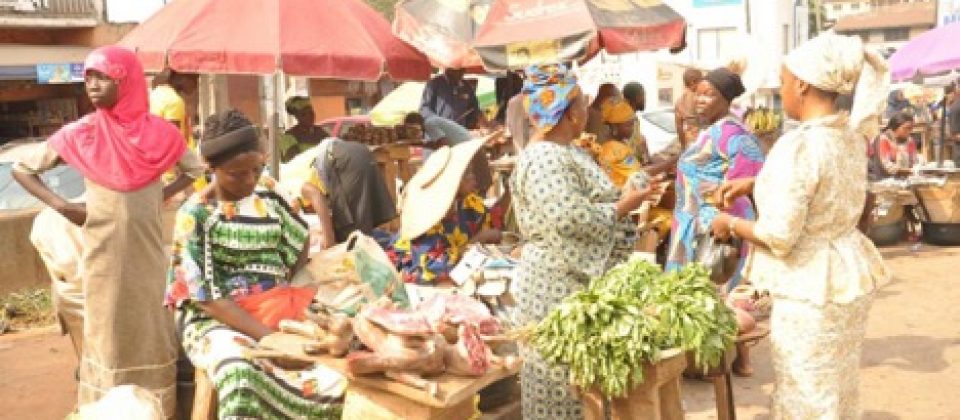PI: Linda Peake, York University, Toronto, ON, Canada
Situated within the dynamic early 21st century context of urbanization, the GenUrb project will conduct research and engage in public education and policy enrichment in seven strategically chosen cities (Cairo, Cochabamba, Georgetown, Ibadan, Mumbai, Ramallah and Shanghai) in lower middle-income countries. The research will advance understanding of how poor women engage in urban place-making, focusing in particular on whether and how this is reconstituting gender relations and women’s right to the city. The partnership is timely given the issues raised by urbanization fueled by rapid urban population growth in the urban global south (through natural increase and migration) and largely unrestrained capital mobility and accumulation. The partnership also coincides with the launch in 2015/16 of new global urban development platforms: UN-Habitat’s ‘New Urban Agenda’, which will supposedly lay the groundwork for new sustainability and urbanization policies and practices, and the UN Sustainable Development Goals (SDGs), which will address women’s needs through SDG 5 (‘Achieve gender equality and empower all women and girls’), while SDG 11 (‘Make cities and human settlements inclusive, safe, resilient and sustainable’), the first ever global urban goal, will focus on ameliorating the negative consequences of rapid urbanization. The global urban is now however characterized by an increase in social, economic and environmental inequalities and, in particular, in the last decade by the urbanization of poverty. The large-scale and rapid pace, and in some places, the relative newness, of urban transformations, means little is known of the changing gendered nature of the relationship between inequality and poverty and how this is affecting the lives of poor women and the impact it is having upon women’s right to the city, yet these are issues vital for equity, belonging, and justice and for democratic and sustainable urban development.
Email: genurb@yorku.ca
Twitter: @genurbnetwork


Leave a Reply